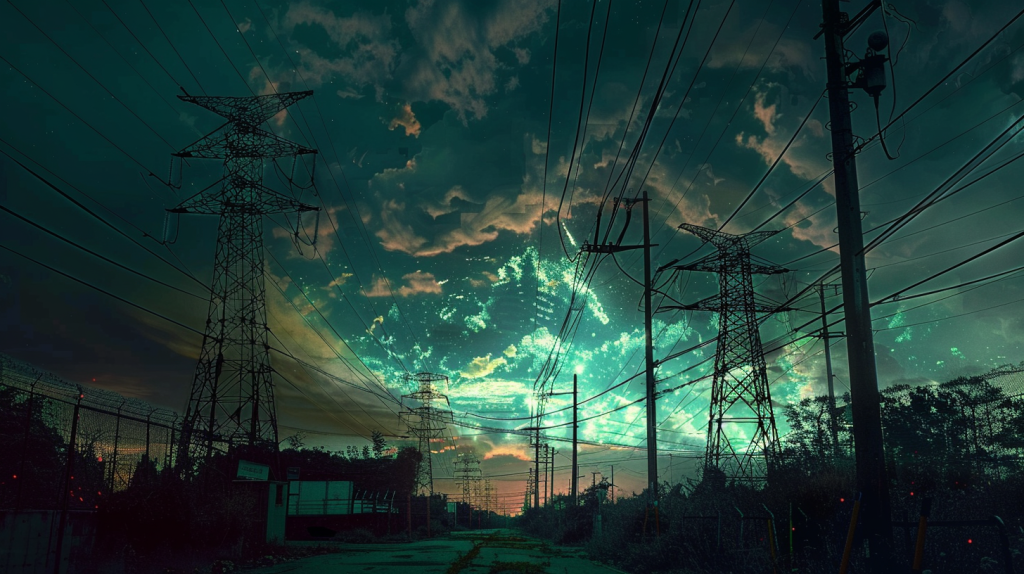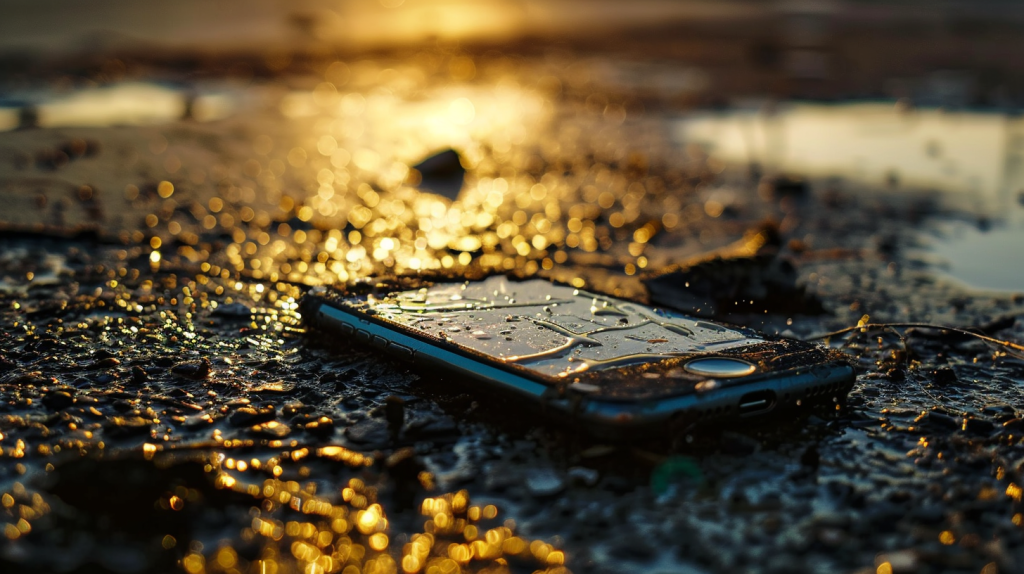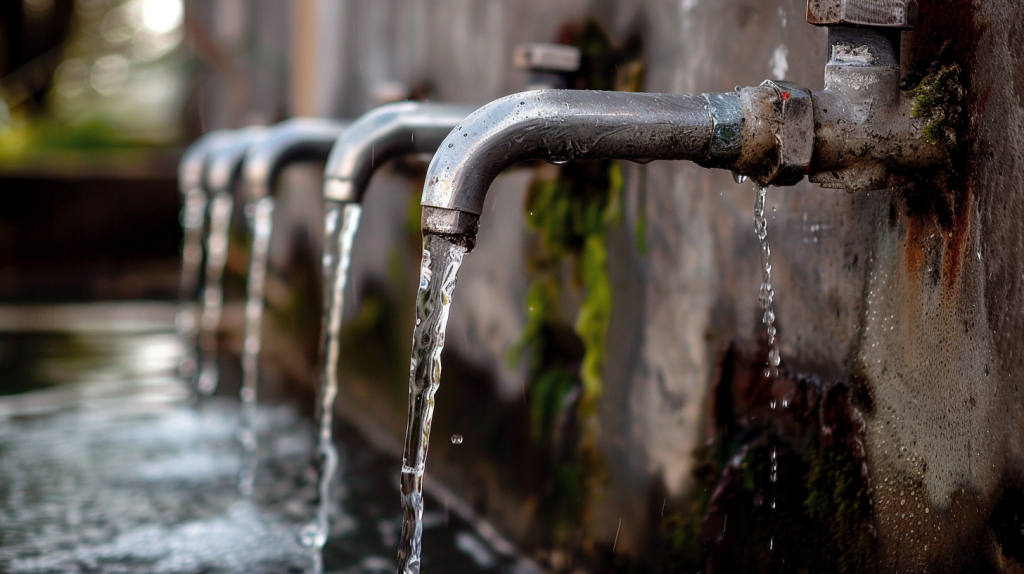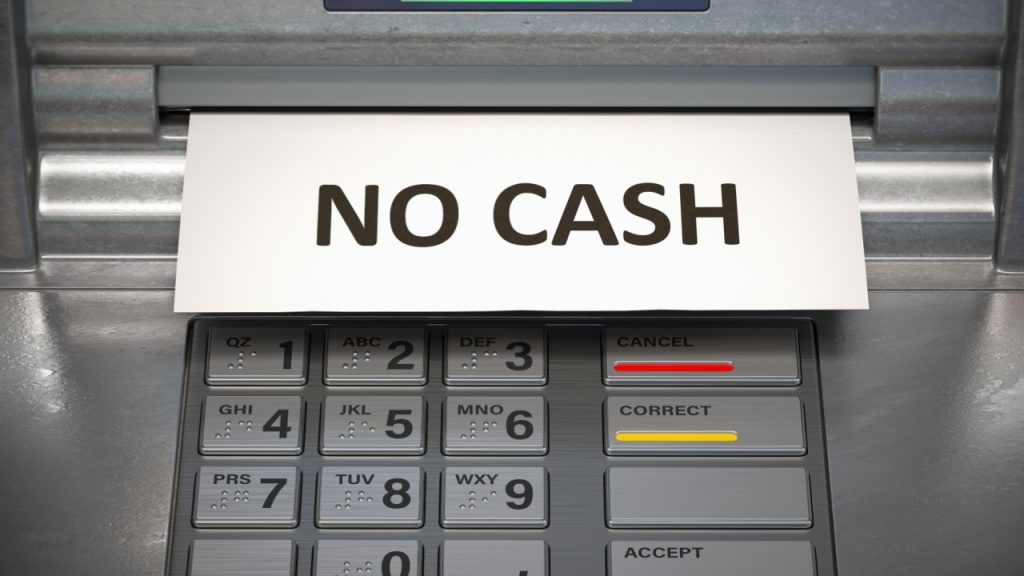An electromagnetic pulse (EMP) attack could plunge our modern world into darkness in the blink of an eye. This invisible threat has the power to disable electronic devices and knock out power grids across vast areas. Let’s explore 15 sobering realities we might face in the aftermath of such an event.
Widespread Blackouts

The most immediate and noticeable effect of an EMP attack would be widespread power outages. Electrical grids could be knocked offline for months or even years. Imagine your neighborhood plunged into darkness, with no streetlights, no working appliances, and no way to charge your devices. We’d quickly realize how much we depend on electricity for nearly every aspect of our daily lives.
Transportation Grinds to a Halt

Modern vehicles rely heavily on electronic components. An EMP could fry these systems, leaving most cars and trucks inoperable. Planes might fall from the sky as their navigation systems fail. Public transportation would cease to function. We’d suddenly find ourselves limited to walking, biking, or using older, simpler vehicles that don’t rely on electronics.
Communication Breakdown

Our hyper-connected world would go silent. Cell phones, internet, and TV would all stop working. We’d lose our main ways of staying informed and in touch with loved ones. Battery-powered radios might become our primary source of news, but even radio stations would struggle to stay on air without power. We’d need to adapt to a world with much less information and connection.
Water Supply Issues

Many water treatment and distribution systems rely on electricity. Without power, these systems would stop working. Taps could run dry within days. We’d need to find alternative water sources and learn how to purify water ourselves. Rivers, lakes, and even rainwater might become crucial for survival.
Food Shortages

Our food supply chain depends heavily on electricity. Refrigeration would fail, causing massive food spoilage. Farms using modern equipment would struggle to produce food. Grocery stores would quickly empty. We’d need to learn to grow, preserve, and store food without modern conveniences. Hunger could become a real threat for many.
Healthcare Crisis

Hospitals have backup generators, but these would eventually run out of fuel. Medical equipment that relies on electricity would stop working. Medications needing refrigeration would spoil. We’d need to rely more on basic first aid and natural remedies. The healthcare system as we know it would face a massive challenge, potentially leading to increased mortality rates.
Financial System Collapse

Electronic payment systems would fail. ATMs wouldn’t work. Banks would be closed. Cash might still be useful for a while, but eventually, we might need to switch to a barter system. The value of items like food, water, and fuel would skyrocket. Our entire economic system would need to be reimagined.
Sanitation Problems

Sewage systems that rely on electric pumps would fail. Garbage trucks wouldn’t run. We’d need to find ways to dispose of waste safely to prevent disease outbreaks. Composting toilets and local waste management solutions might become necessary. Keeping our living areas clean would be a constant challenge.
Security Concerns

Security systems and surveillance cameras would fail. Police would have limited ability to respond to emergencies. We might see a rise in crime as people become desperate for resources. Communities would need to come together to ensure safety. Neighborhood watch programs could become crucial for maintaining order.
Education Disruption

Schools rely heavily on electricity for lights, computers, and other equipment. Education as we know it would be disrupted. We might need to return to more traditional teaching methods. Books would become even more valuable. Learning practical survival skills might become a priority over traditional academic subjects.
Job Market Upheaval

Many jobs that rely on electricity and technology would disappear overnight. People would need to adapt quickly to find new ways to make a living. Skills like farming, repair work, and manual crafts might become highly valued. The job market would look completely different, with a focus on practical, survival-oriented skills.
Climate Control Challenges

Heating and air conditioning systems would stop working. We’d be at the mercy of the weather. In extreme climates, this could be life-threatening. We’d need to find alternative ways to stay warm or cool. Our comfort levels would change dramatically.
Information Preservation Struggle

Without electricity, we’d risk losing vast amounts of digital information. Books, printed documents, and handwritten records would become incredibly valuable. We might need to find ways to preserve important information without relying on digital storage. Libraries could become vital community resources.
Psychological Impact

The sudden loss of modern conveniences and the struggle for survival would take a huge toll on mental health. Anxiety, depression, and PTSD could become widespread. We’d need to find ways to cope with the stress and uncertainty of this new world. Community support and resilience would be crucial for mental well-being.
Return to Simpler Technologies

In the absence of modern electronics, we’d see a resurgence of older, simpler technologies. Mechanical watches, hand-powered tools, and other non-electronic devices would become highly valuable. We’d need to relearn skills our grandparents took for granted, like repairing things by hand or navigating without GPS. This shift could lead to a greater appreciation for the ingenuity of past generations.
Katy Willis is a writer, master herbalist, master gardener, and certified canine nutritionist who has been writing since 2002. She’s finds joy in learning new and interesting things, and finds history, science, and nature endlessly fascinating.
